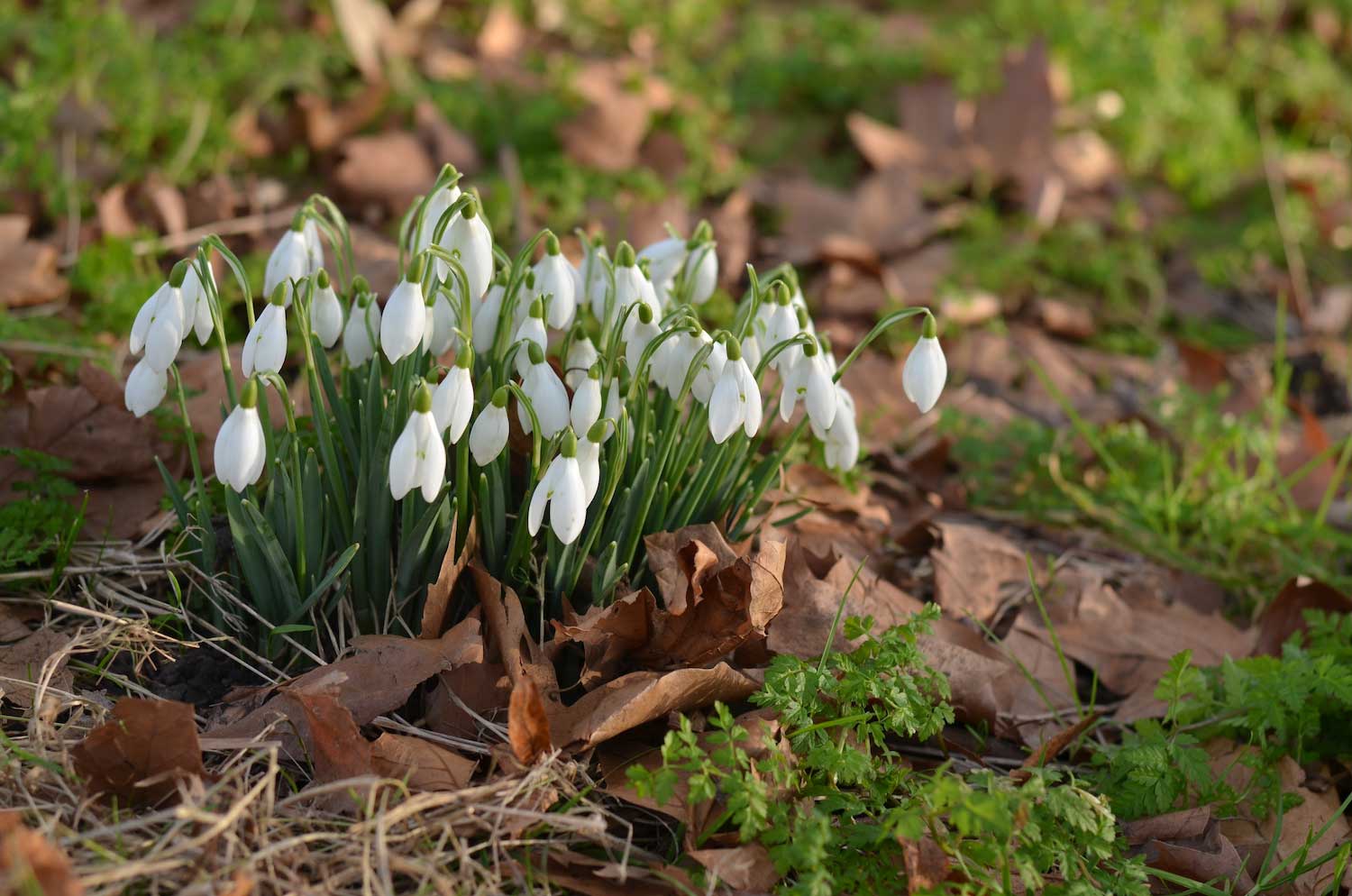Protect the overwintering insects by resisting urge to start your garden cleanup now

When spring fever sets in, one of the first impulses for many people is to start getting the yard in order, but getting a jumpstart on garden cleanup could actually be detrimental to the insects that will have your yard abuzz later in the spring and summer.
Hard as it may be not to start getting your garden ready on those first nice days of the year, it's best to wait until the nice weather is more of an everyday occurrence. There's no firm rule on when exactly you should wait until. The University of Illinois Extension advises waiting until overnight temperatures are above 50 degrees. Others suggest waiting until the daytime temperature reaches at least 50 degrees for seven consecutive days. No matter how you look at it, though, now is too early to start because any truly nice days we have will be few and far between for awhile yet.
The reason you should wait is the same reason you should avoid garden cleanup in the fall: Insects overwinter in our yards in various life stages, and you could interfere with their survival if you start your yard work too early. Some may overwinter underground, but others are safely tucked away in the leaf litter and vegetation left from last year's garden. If you destroy their habitat with your early spring yard work, they likely won't survive into the next season, according to the Oregon State University Extension.
In particular, pollinators and other beneficial insects — bees, beetles, butterflies, moths and flies — are relying on last year's garden plants to continue their life cycle. And in turn, we rely on them to pollinate plants — both those in our yard and the crops we rely on for food.
If you simply cannot resist the urge to get started on garden cleanup, be gentle in your approach to give those essential insects a fighting chance. Remove old plant stalks carefully and pile them in an out-of-the-way spot where those overwintering insects may still be able to hatch or emerge, the Illinois Extension advises. Don't burn or otherwise destroy old plant stems or put them out with your yard waste until we are well into spring and insects are buzzing around again.
Another good idea would be to start your annual spring cleanup with tasks that likely won't disturb our pollinators, like cutting back grasses and pruning berry bushes, according to the Oregon State extension.
Once spring has fully sprung and it's safe to start gardening, a gentle approach is best, the Green Bay Botanical Garden advises. Rake carefully in case any insects are still hibernating in the leaf litter, and carefully cut down stems and stalks to protect any insects inside or nearby.
If you're committed to letting your yard be a place where essential insects can thrive, consider letting part of your yard go wild and leave it unmanaged as a habitat for perennials, the Oregon State Extension advises. Without regular management, nature will take its course and insects and other wildlife will be able to live without interruption.
